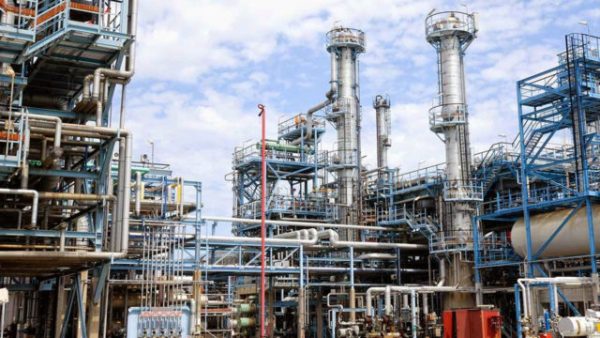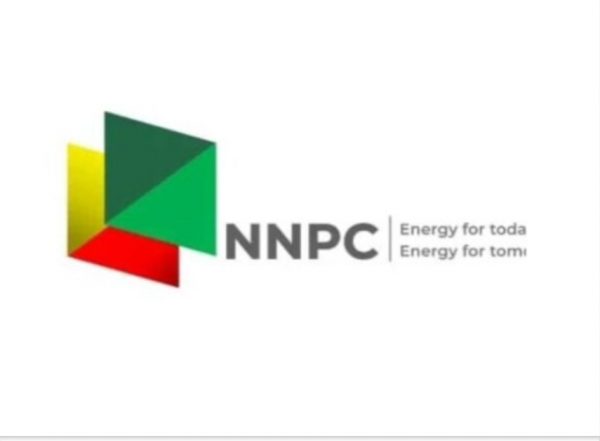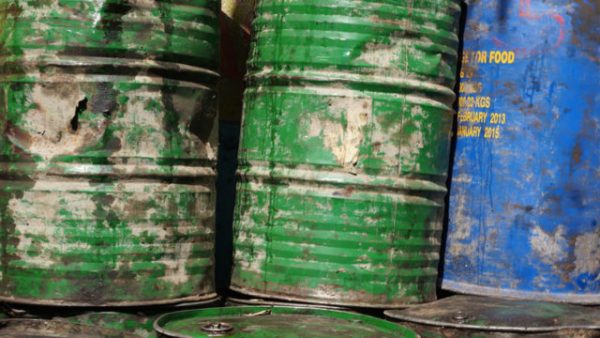Rehabilitate refineries to curb lingering fuel scarcity, FG told
Federal Government has been asked to rehabilitate ailing petroleum refineries in the country to curb fuel scarcity in Nigeria.
The statement, signed by the group’s communication’s officer, Comfort Agbebaku, regretted that the nation has spent $396 million on maintenance of its four refineries in six years of President Muhammadu Buhari’s administration and still unable to boast of refined products to meet local demand.
Recall that the Federal Government had, in March 2021, approved the sum of $1.5 billion for rehabilitation of Port Harcourt Refinery, the largest refining company in the country. The funding has three components: Internally Generated Revenue (IGR), budgetary allocations and Afreximbank.
The Public Relations Unit of Port Harcourt Refinery, when contacted, yesterday, confirmed to The Guardian that serious work was ongoing at the facility and expressed hope that its March 2023 deadline of delivery would be met.
Speaking on the effect of scarcity, the group said: “This has increased the cost of transportation and the cost of goods and services in the city, making life unbearable for the masses.
“The generality of Nigerians are displeased with the situation and worry that the attention focused on political activities would prevent government from giving the situation the proper attention that it deserves.
“The question as to the current situation of the four government-own refineries in the county has bugged many concerned citizens. This is particularly so considering the fact that $396 million has been spent on the maintenance of refineries in six years of this administration, yet the country is unable to boast of refined products to meet local demand.”
The group called on President Buhari to honour his word by seeing to the rehabilitation of oil refineries before he leaves office in a couple of months.
“We recall the promises he made when he campaigned for office in 2015 that he would revive and reactivate the (then) minimally performing refineries to optimum capacity,” it added.








